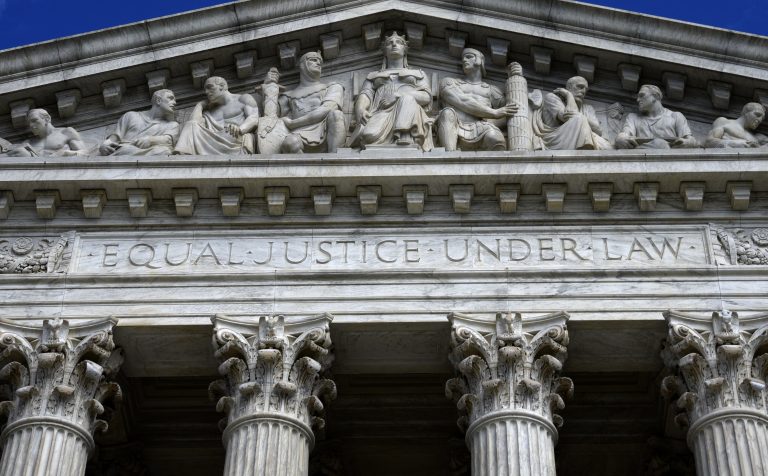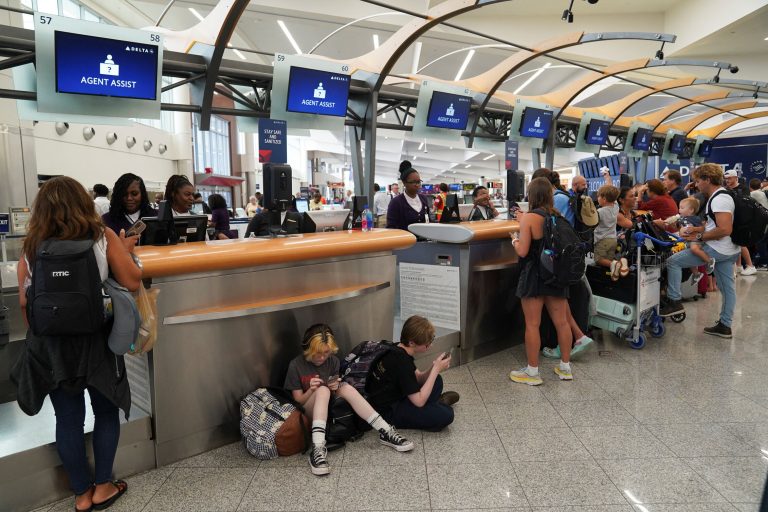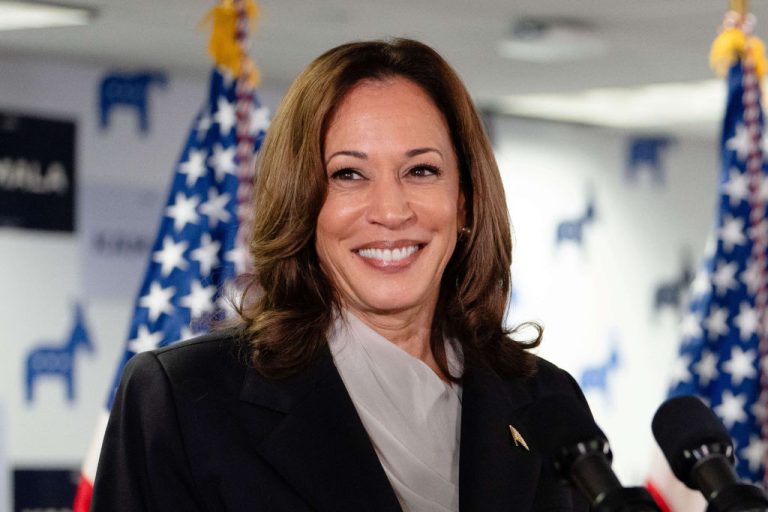The Supreme Court ruled California cannot impose some pandemic restrictions on religious gatherings in churches and mosques in a 6-3 decision on Friday. The Justices held that the State may not ban indoor worship, but is allowed to limit capacity to 25 percent and outlaw singing and chanting.
The ruling applied to two cases brought by Harvest Rock Church and South Bay United Pentecostal Church against Governor Gavin Newsome and the State of California.
Justices ‘are not scientists’
Justices Kagan, Breyer, and Sotomayor dissented, stating “Justices of this Court are not scientists. Nor do we know much about public health policy. Yet today the Court displaces the judgments of experts about how to respond to a raging pandemic. The Court orders California to weaken its restrictions on public gatherings by making a special exception for worship services.
“Under the Court’s injunction, the State must instead treat worship services like secular activities that pose a much lesser danger. That mandate defies our caselaw, exceeds our judicial role, and risks worsening the pandemic.”
Success
You are now signed up for our newsletter
Success
Check your email to complete sign up
Even in times of crisis — perhaps especially in times of crisis — we have a duty to hold governments to the Constitution.
Justices Neil Gorsuch, Samuel Alito, and Clarence Thomas in their opinion
The Justices opine that California’s restrictions treat religious services the same as they treat any other activity “where large groups of people [come together] in close proximity for extended periods of time,” suggesting that people of faith should practice outdoors because of California’s amicable climate. “And when COVID rates are highest, all those capacity limits give way to a rule that the gathering — again, whether religious or secular — take place outdoors (with no limits on attendance). Given California’s mild climate, that restriction — the one the Court today lifts for houses of worship alone — does not amount to a ban on the activity.”
The trio agreed with testimony by Dr. George Rutherford, a Professor of Epidemiology at the University of California, San Francisco School of Medicine: “The State’s regulation of retail stores is less stringent, Dr. Rutherford explained, because shopping ‘involves less close proximity’ with other people — and for less time — than does an indoor worship service, lecture, or similar event. For that reason, shoppers are ‘less likely to receive a sufficient viral load of droplets’ to contract COVID.”
A double standard against the faithful
Meanwhile, Justices Gorsuch and Thomas wrote that they would grant the Plaintiffs’ request for relief in full, noting: “Since the arrival of COVID–19, California has openly imposed more stringent regulations on religious institutions than on many businesses.”
Government actors have been moving the goalposts on pandemic-related sacrifices for months, adopting new benchmarks that always seem to put restoration of liberty just around the corner. As this crisis enters its second year— and hovers over a second Lent, a second Passover, and a second Ramadan—it is too late for the State to defend extreme measures with claims of temporary exigency, if it ever could. Drafting narrowly tailored regulations can be difficult.
But if Hollywood may host a studio audience or film a singing competition while not a single soul may enter California’s churches, synagogues, and mosques, something has gone seriously awry.
Justices Neil Gorsuch, Samuel Alito, and Clarence Thomas in their opinion
The pair was joined in their opinion by Justice Alito, who also would have granted the requests for relief, but with a 30-day stay of proceedings unless California could prove “nothing short of those measures will reduce the community spread of COVID–19 at indoor religious gatherings to the same extent as do the restrictions the State enforces with respect to other activities it classifies as essential.”

The trio reasoned: “Of course we are not scientists, but neither may we abandon the field when government officials with experts in tow seek to infringe a constitutionally protected liberty.
“Even in times of crisis — perhaps especially in times of crisis — we have a duty to hold governments to the Constitution.”
“Still, California says it can thread the needle,” reads the opinion. “It insists that religious worship is so different that it demands especially onerous regulation.
“The State offers essentially four reasons why: It says that religious exercises involve (1) large numbers of people mixing from different households; (2) in close physical proximity; (3) for extended periods; (4) with singing.”
The Justices found “California errs to the extent it suggests its four factors are always present in worship, or always absent from the other secular activities its regulations allow,” and that the State did not prove “why it cannot address its legitimate concerns with rules short of a total ban.”
Justices Gorsuch, Thomas, and Alito pointed out that citizens still routinely pack into crowded public transit and stand in long checkout lines, California seemingly is not concerned with how close, and for how long, hairdressers and other personal services providers are with their customers, and the State failed to explain why other measures such as plexiglass barriers, social distancing, and masking were deemed insufficient at places of worship when they’re accepted everywhere else.
“When it comes to each of the first three factors, California singles out religion for worse treatment than many secular activities.”
The opinion took aim at the matter of whether the faithful could sing, noting that the entertainment industry had won an exemption to that aspect of the State’s measures, “It seems California’s powerful entertainment industry has won an exemption. So, once more, we appear to have a State playing favorites during a pandemic, expending considerable effort to protect lucrative industries (casinos in Nevada; movie studios in California) while denying similar largesse to its faithful.”
The trio of Justices concluded their portion of the ruling in a veracious fashion, both eloquent and scathing: “Government actors have been moving the goalposts on pandemic-related sacrifices for months, adopting new benchmarks that always seem to put restoration of liberty just around the corner. As this crisis enters its second year — and hovers over a second Lent, a second Passover, and a second Ramadan — it is too late for the State to defend extreme measures with claims of temporary exigency, if it ever could. Drafting narrowly tailored regulations can be difficult.
“But if Hollywood may host a studio audience or film a singing competition while not a single soul may enter California’s churches, synagogues, and mosques, something has gone seriously awry.”
Follow us on Twitter or subscribe to our email list







